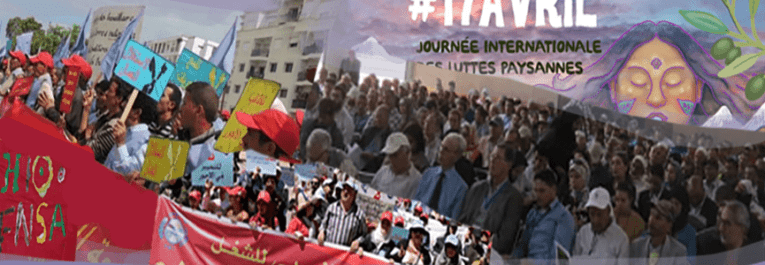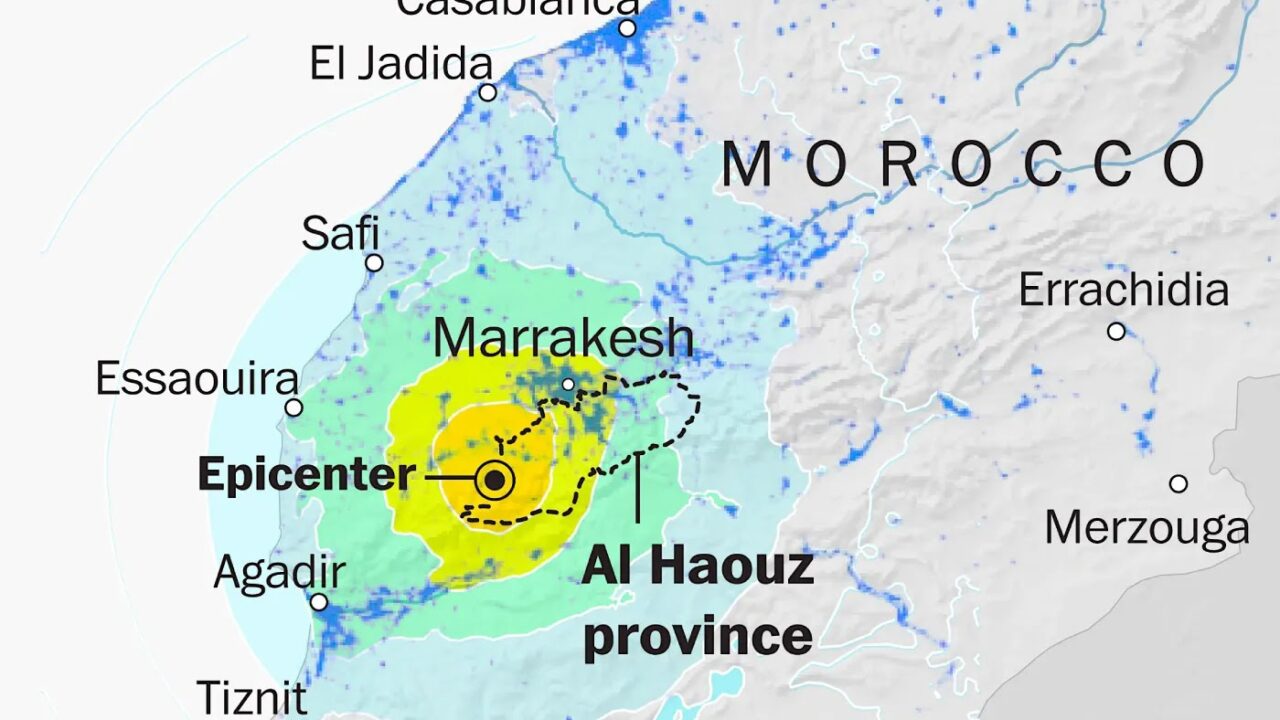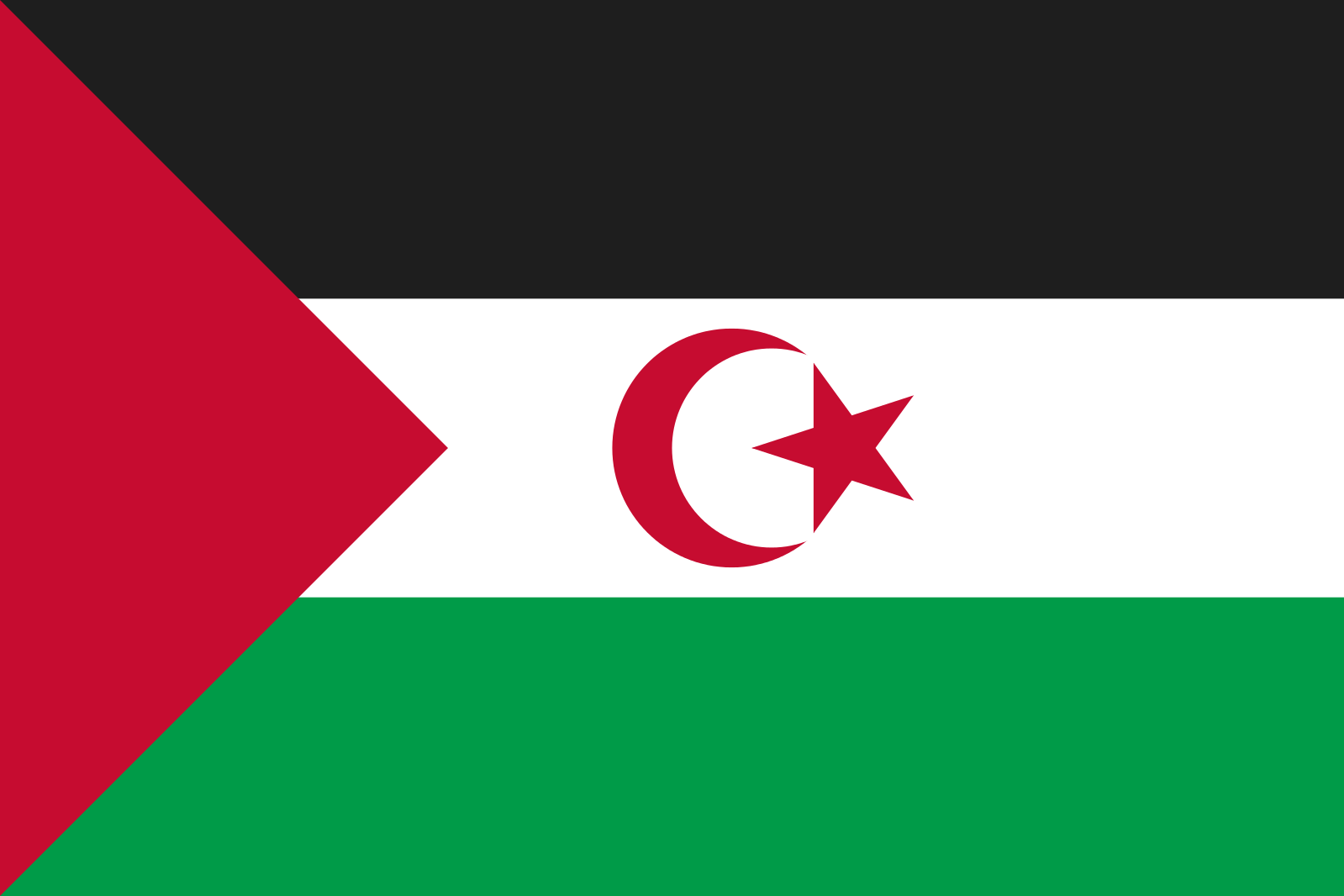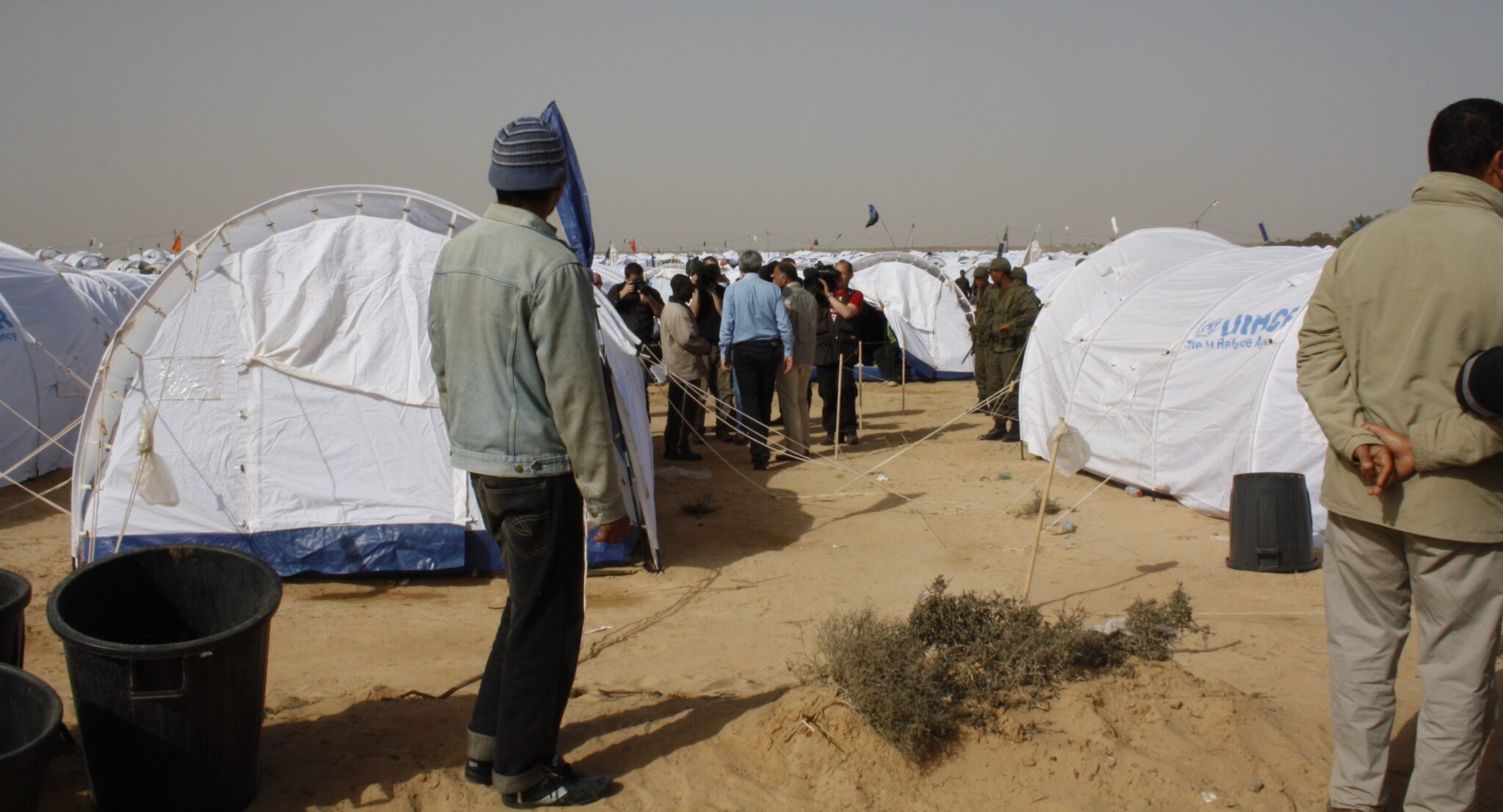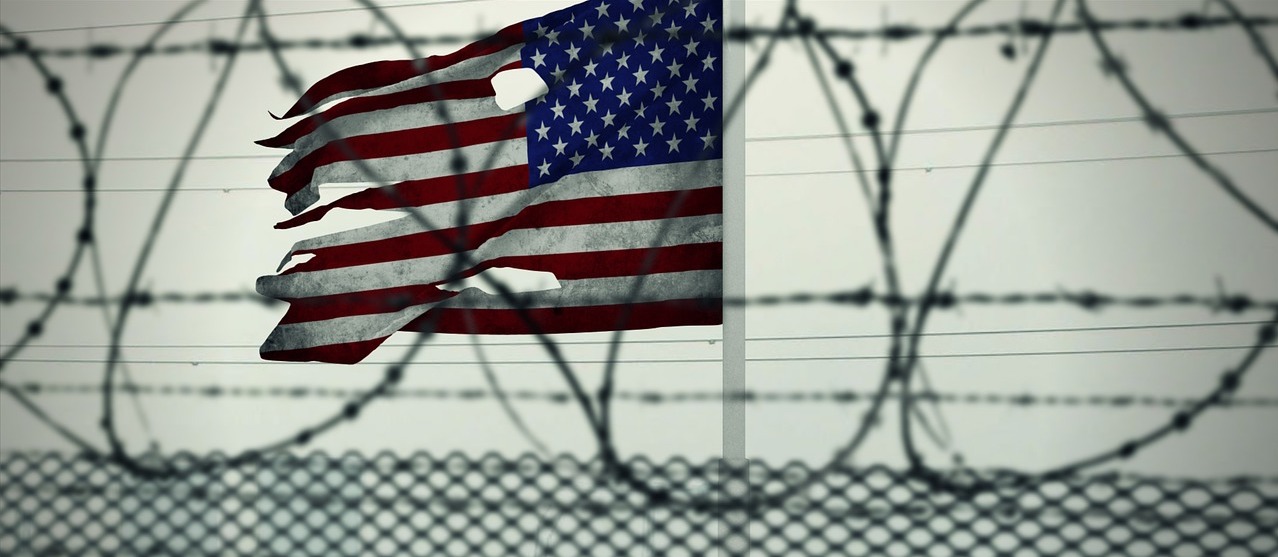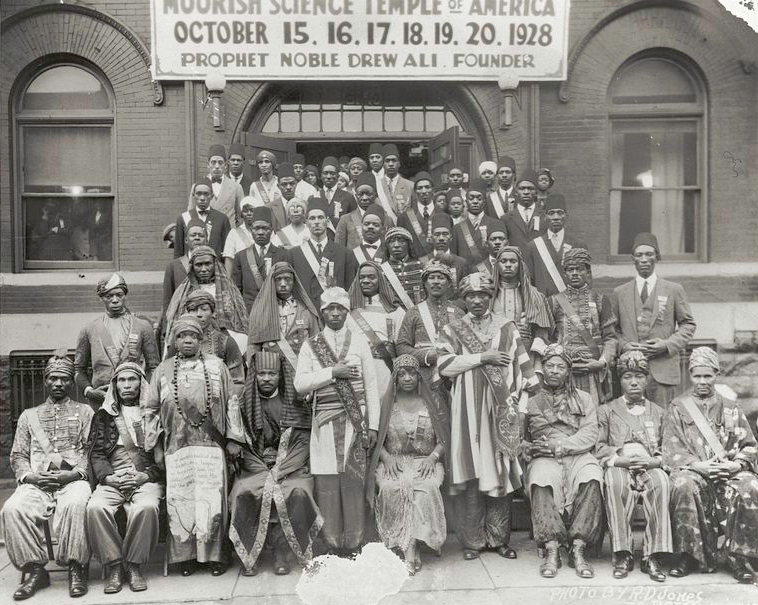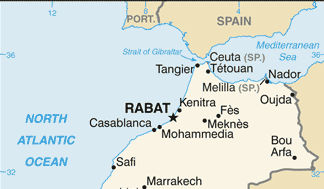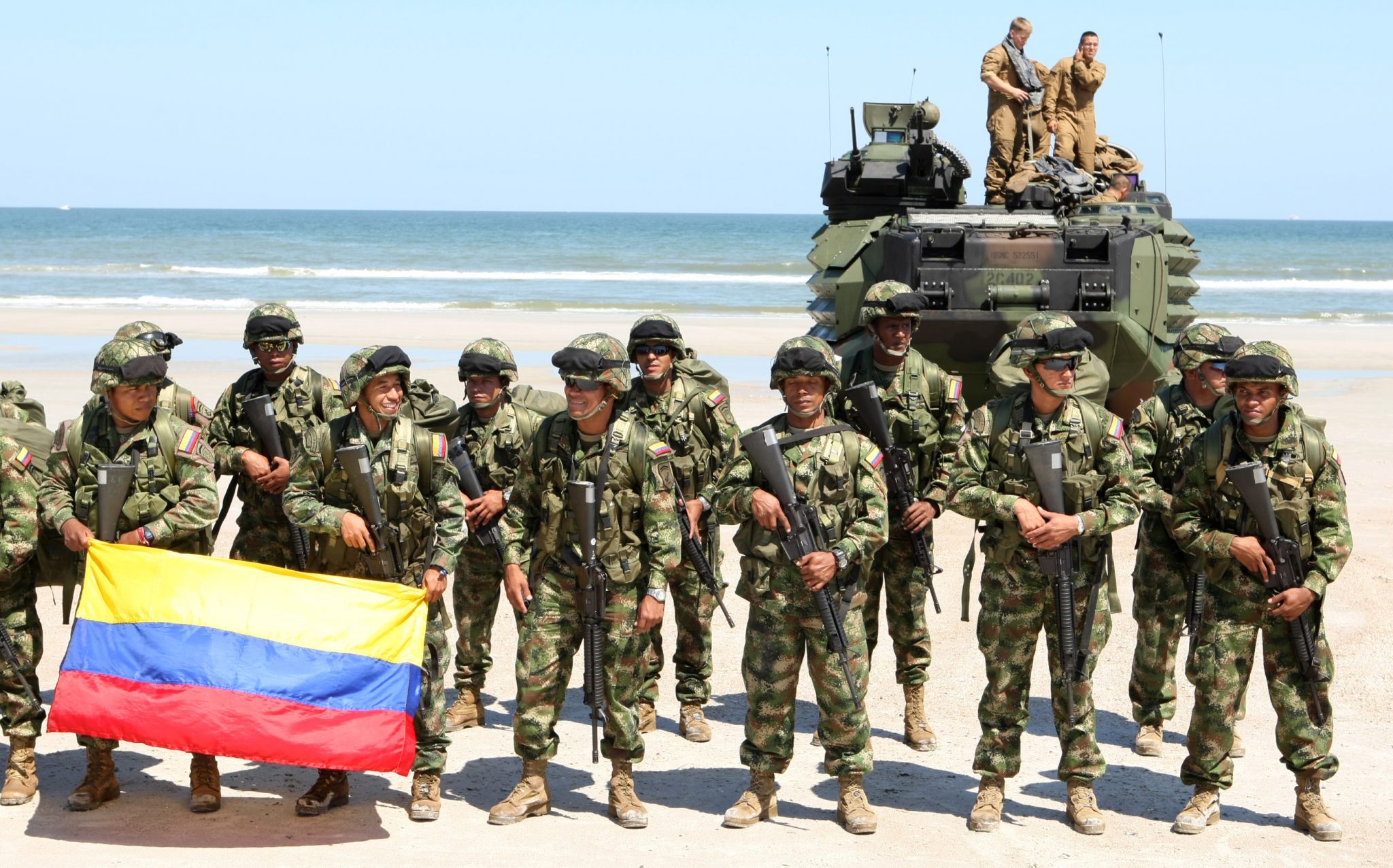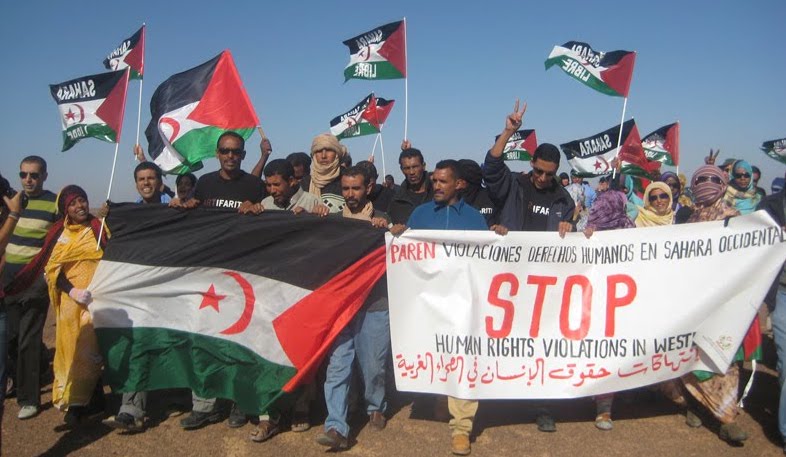
Podcast: from Palestine to Western Sahara
Benjamin Netanyahu’s gaffe on French TV, displaying a map of the “Arab World” that showed the occupied (and illegally annexed) Western Sahara as a separate entity from Morocco, sparked a quick and obsequious apology from the Israeli Foreign Ministry. But the snafu sheds light on the mutual hypocrisy at work here. There is an obvious hypocrisy to Moroccan protests that demand self-determination for the Palestinians but not the Sahrawi, the indigenous Arab inhabitants of Western Sahara. The hypocrisy of Israel is also obvious: Israeli commentators and hasbara agents are the first to play the “whataboutery” game—relativizing the plight of the Palestinians by pointing to that of Kurds, Berbers, Nubians, Massalit and other stateless peoples oppressed under Arab regimes. But, as we now see, they are just as quick to completely betray them when those regimes recognize Israel and betray the Palestinians. Yet another example of how a global divide-and-rule racket is the essence of the state system. Bill Weinberg breaks it down in Episode 229 of the CounterVortex podcast. Listen on SoundCloud or via Patreon. (Photo: Kirby Gookin/Western Sahara Resource Center)




